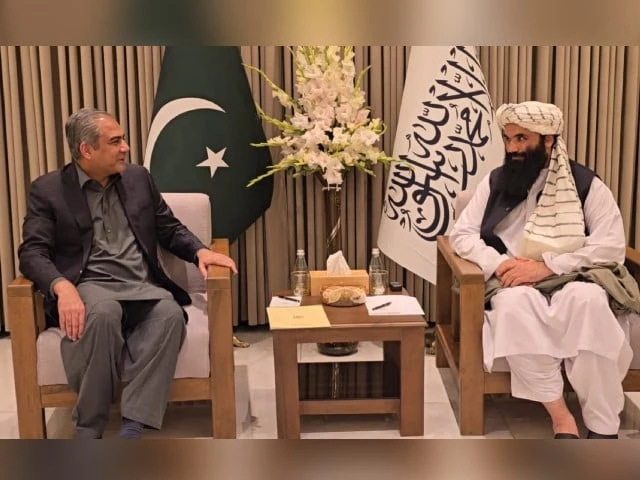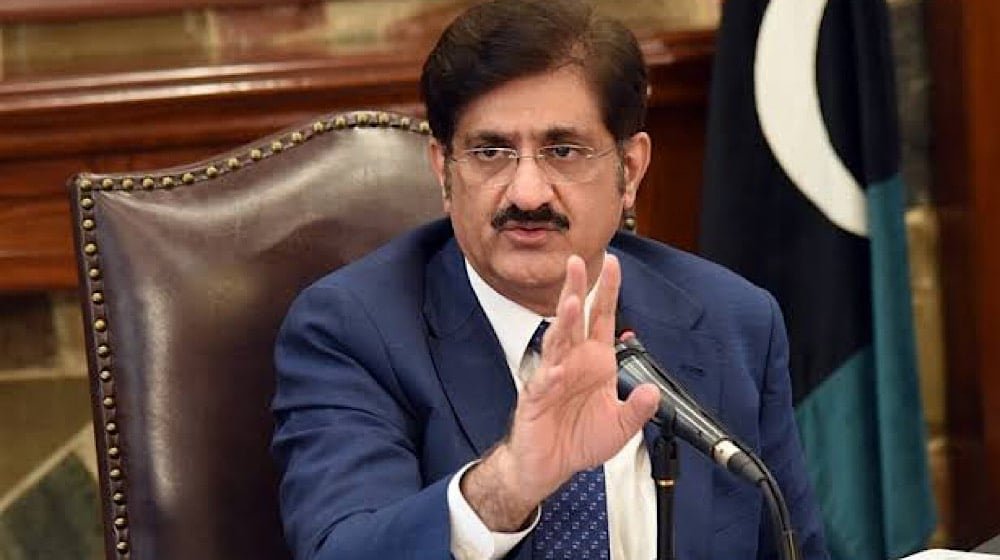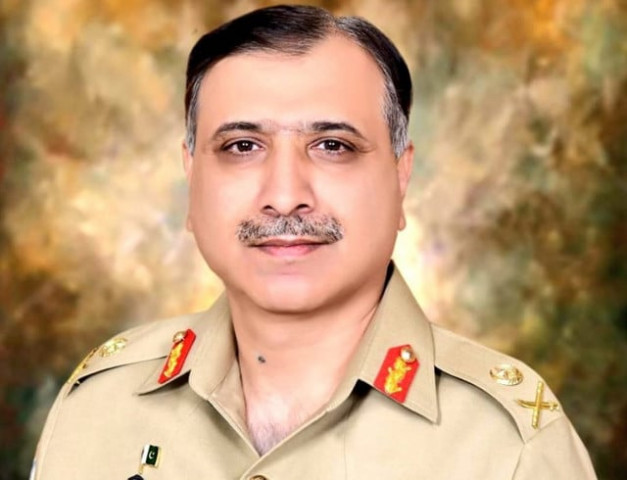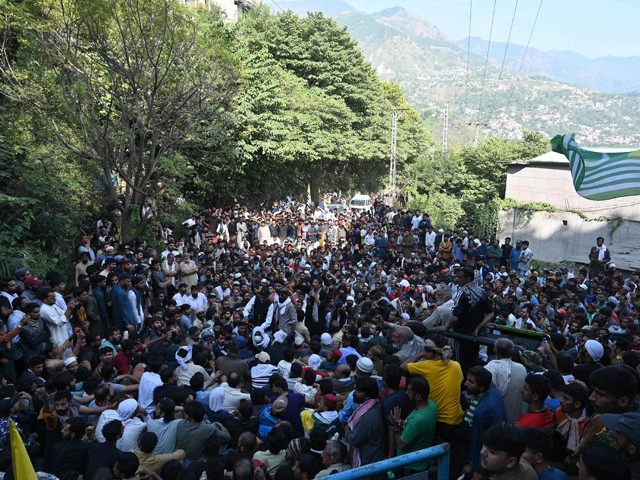Pakistan and Afghanistan: A Collaborative Approach to Counterterrorism
In a significant move towards improving bilateral relations, Pakistan recently proposed a joint initiative with the Afghan interim government to tackle the rise of terrorism that threatens stability in both nations. This comes after Pakistan’s Interior Minister, Mohsin Naqvi, held crucial talks with Taliban leaders in Kabul, marking a fresh attempt to address ongoing security concerns.
Naqvi’s visit wasn’t just a routine diplomatic mission; it followed the footsteps of Foreign Minister Ishaq Dar’s engagement in Kabul, signaling a renewed commitment to reset ties. Accompanied by key officials like Ambassador Muhammad Sadiq Khan and Interior Secretary Khurram Agha, Naqvi met with Afghan Interior Minister Sirajuddin Haqqani. Central to their discussions was the pressing issue of terrorist groups, particularly the presence of the Tehreek-e-Taliban Pakistan (TTP), which Pakistan views as a major source of unrest.
During these talks, Naqvi emphasized that while Pakistan sees Afghanistan as a "brotherly neighboring" nation, the activities of various terrorist organizations are a significant hurdle in their relationship. He stated, "Terrorist organizations are causing unrest and instability; we must jointly stop them." This sentiment reflects a growing recognition that true progress can only be achieved through collaboration.
Key topics on the agenda included effective border management, the prevention of drug trafficking, and the repatriation of Afghan refugees residing in Pakistan without legal status. Both sides stressed the importance of peaceful coexistence and enhancing cooperation to combat cross-border terrorism.
Naqvi expressed a strong willingness for a lasting partnership, mentioning, "Pakistan desires fraternal and long-lasting relations with Afghanistan." For decades, Pakistan has extended its hospitality to millions of Afghan refugees, demonstrating a commitment to fostering goodwill—even as it navigates complex security challenges.
Past engagements, like Dar’s visit in April, have established some measures to tackle the TTP threat, with the Afghan government reportedly taking steps to limit the group’s activities. However, both sides understand that ongoing cooperation and increased commitment will be crucial in effectively addressing these challenges.
In a landscape marked by uncertainty, the upcoming visit of Afghan Interim Foreign Minister Amir Khan Muttaqi to Islamabad signals the continuation of dialogue and diplomacy—a promising step towards fostering a safer and more stable region.
If you’re interested in understanding more about the nuances or implications of these developments, feel free to connect with Pro21st for deeper insights and analysis. Your engagement can make a difference as we navigate these pivotal times together!
At Pro21st, we believe in sharing updates that matter.
Stay connected for more real conversations, fresh insights, and 21st-century perspectives.





